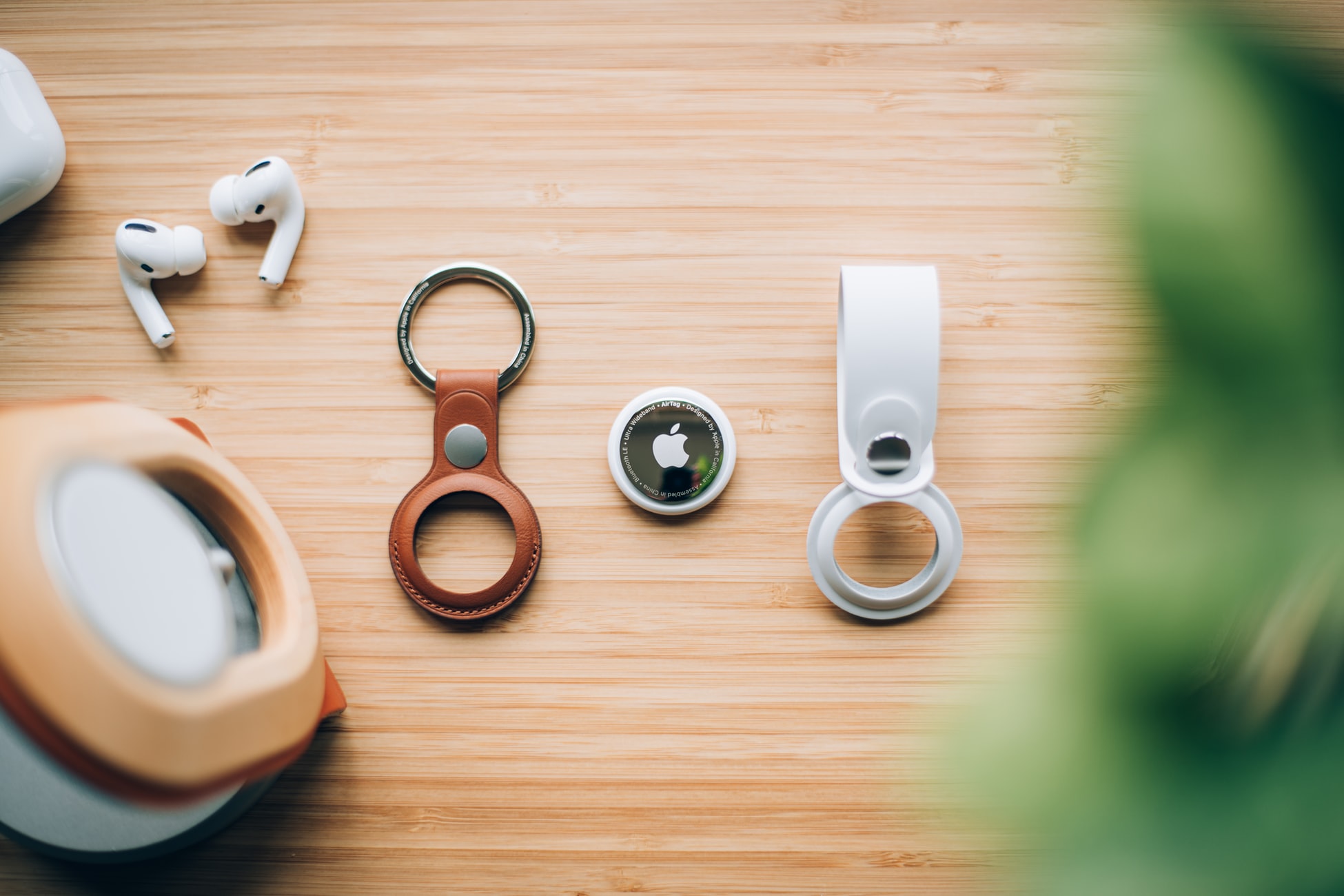
Apple’s new tracker may draw unwanted attention.
Apple’s recently released AirTag tracking device is designed primarily to keep track of one’s belongings, such as smartphones, backpacks, and other small objects. However, an AirTag could, in theory, be used to keep track of a person, even if that isn’t its intended purpose. While Apple did anticipate this and implemented several safety features to prevent AirTag-based stalking, some users of the device have expressed concerns that it isn’t enough.
One of the AirTag’s primary safety features is a warning broadcast to nearby iPhones in the event of stalking. In other words, if someone with an AirTag on their person was following you, you would receive a notification of this person on your iPhone, or if you don’t own an iPhone, it would sound an alarm, though only after three days of continued following. You can also scan an unknown AirTag to determine its owner and deactivate it if you discover one has been placed on you.
Recently, though, the National Network to End Domestic Violence (NNEDV) explained that Apple’s failsafes couldn’t protect victims of domestic abuse, just to give one example. An abuser could slip an AirTag into their partner’s belongings to track their location, and it could only be disabled if that person happens to stumble upon it. The same concern applies to strangers and stalkers.
Geoffrey Fowler, a tech writer for The Washington Post, ran a homebrew test to determine how well an AirTag could track someone. “After placing an AirTag in my bag, my colleague was able to find my whereabouts with remarkable precision. Once he associated the AirTag with his iPhone, the tag’s location showed up in an iPhone app called Find My, included free with iPhones.”
“When I was riding a bike around San Francisco, the AirTag updated my location once every few minutes with a range of about half a block. When I was more stationary at home, my colleague’s app reported my exact address.”
Users are calling on Apple to redevelop the AirTag’s privacy functions, as well as work with Google to bring anti-tracking capabilities to Android phones.
